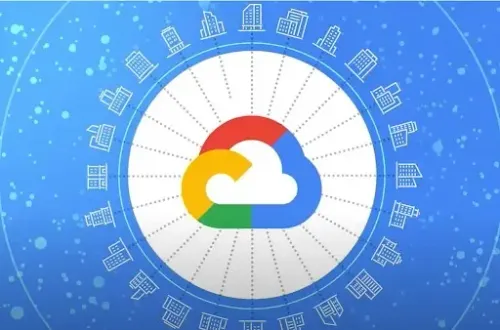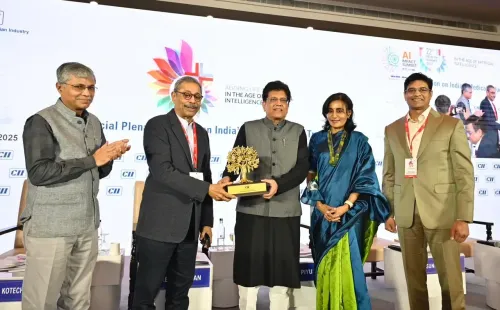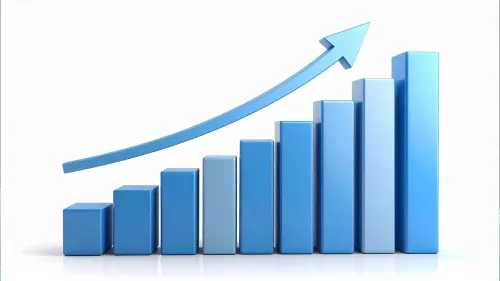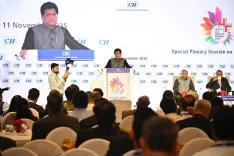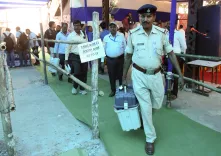Is Low-Carbon Technology Essential for India’s ‘Net Zero 2070’ Goal?

Synopsis
Key Takeaways
- Low-carbon technologies are vital for achieving ‘Net Zero 2070’.
- Exploration of untapped resources, like Lithium in Jammu and Kashmir, is crucial.
- The Battery Aadhaar Initiative will enhance battery traceability and safety.
- Innovations in e-mobility drive the clean energy transition.
- A robust ecosystem is essential for economic growth.
New Delhi, May 28 (NationPress) A strong ecosystem is crucial for India to advance towards becoming the world's third-largest economy, with low-carbon technologies playing a pivotal role in realizing the nation’s ‘Net Zero 2070’ ambition, stated Union Minister Dr. Jitendra Singh on Wednesday.
During his address, the minister emphasized that tapping into unexplored reserves and resources, alongside fostering innovation in the low-carbon energy sectors, will generate economic value while minimizing the carbon footprint, thereby supporting India’s bold ‘Net Zero by 2070’ target.
In this discourse, he mentioned the recent discoveries of substantial Lithium reserves in Jammu and Kashmir, which could significantly aid in reaching the ‘Net Zero 2070’ goal and urged for enhanced efforts to explore and utilize such untapped resources.
“The Department of Science and Technology (DST) is essential in driving India’s clean energy transition through advancements in battery manufacturing, e-mobility, and sustainable technology ecosystems,” Dr. Singh remarked at the ‘Battery Summit 2025’.
A significant announcement at the summit was the introduction of the Battery Aadhaar Initiative under DST, which the minister referred to as a “game changer” for enhancing traceability, efficiency, and scalability within India’s battery ecosystem.
This initiative will assign a unique digital identity to each battery pack, allowing for tracking of manufacturing origins, battery chemistry, safety certifications, and lifecycle performance.
Moreover, it will oversee critical metrics such as thermal incidents, charge-discharge cycles, and end-of-life status, promoting predictive maintenance and effective recycling strategies.
Additionally, Battery Aadhaar serves as a regulatory measure to combat counterfeit products and bolster consumer trust, supporting initiatives aimed at a circular economy.
By integrating with Battery Management Systems (BMS), AI-enhanced diagnostics, and national EV databases, Battery Aadhaar could become a foundational element of India’s evolving battery intelligence ecosystem.

